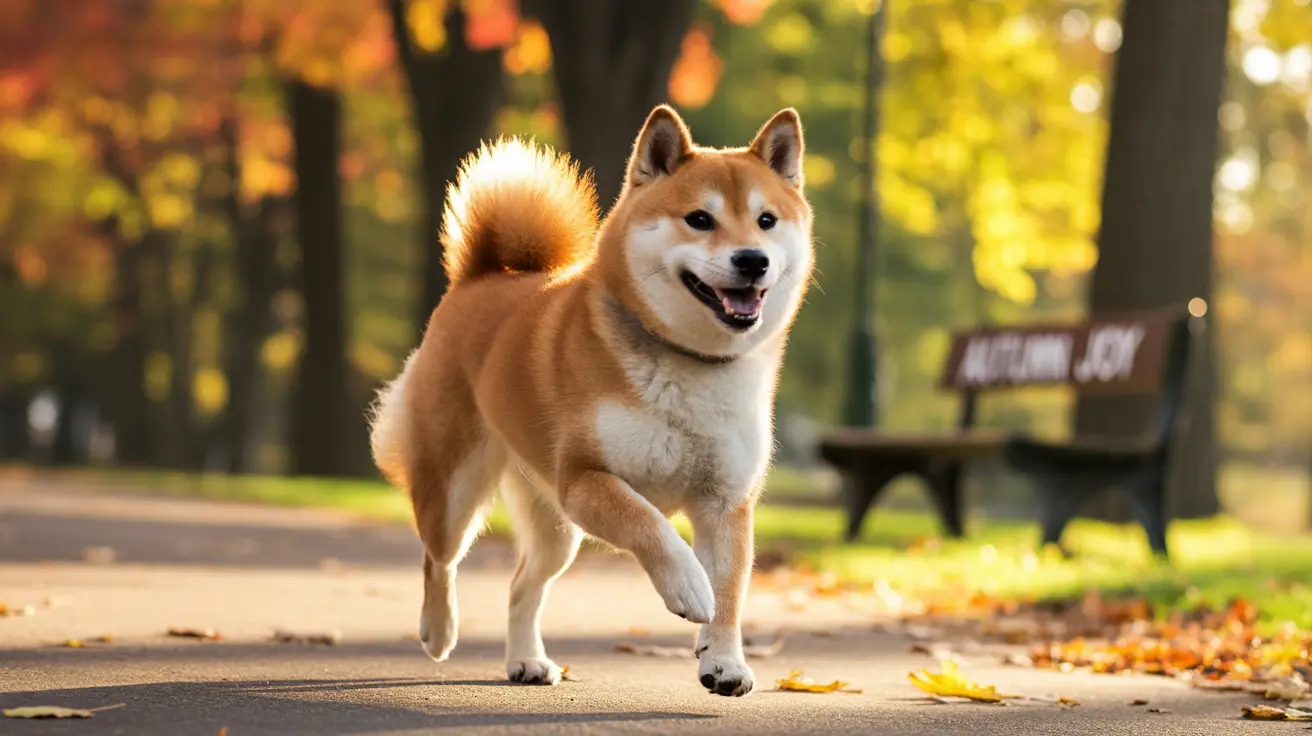Shiba Inus are renowned for their fox-like appearance and remarkable longevity among purebred dogs. As a prospective or current Shiba owner, understanding their expected lifespan and the factors that influence it is crucial for providing the best possible care.
Recent studies show that Shiba Inus typically enjoy a longer life expectancy than many other purebred dogs, with most living between 13 to 16 years. In fact, research from the UK indicates an impressive average lifespan of 14.6 years, significantly higher than the general purebred average of 12.7 years.
Understanding Shiba Inu Life Expectancy
The robust genetics of Shiba Inus contribute significantly to their impressive longevity. Japanese cemetery data suggests these ancient hunting dogs can reach an average of 15.5 years, making them one of the longest-lived breeds in their dataset. With excellent care, some Shibas have been known to live beyond 16 years, though this exceeds typical expectations.
Key Factors Affecting Shiba Inu Longevity
Genetics and Breeding
The genetic foundation of your Shiba Inu plays a crucial role in their potential lifespan. Selecting a puppy from health-tested parents through reputable breeders who screen for common breed issues like patellar luxation and glaucoma can significantly impact your dog's long-term health prospects.
Diet and Weight Management
Maintaining a healthy weight is crucial for Shiba longevity. Obesity can lead to joint problems, diabetes, and cardiovascular issues that may shorten lifespan. Feed a high-quality, balanced diet appropriate for your dog's age and activity level, and monitor portion sizes carefully.
Exercise and Mental Stimulation
Regular physical activity and mental enrichment are essential for keeping Shibas healthy and engaged. Daily walks, play sessions, and training activities help maintain cardiovascular health, muscle tone, and cognitive function while preventing obesity-related health issues.
Common Health Concerns
Orthopedic Issues
Patellar luxation affects approximately 35% of Shibas, while hip dysplasia can also occur. Regular veterinary screening and maintaining appropriate weight and exercise levels can help manage these conditions effectively.
Eye Health
Glaucoma is a significant concern in Shibas, with the breed showing a notably higher predisposition compared to other dogs. Regular eye examinations and prompt attention to any changes in vision or eye appearance are crucial.
Skin and Allergies
Atopic dermatitis and other allergic conditions can affect quality of life and require ongoing management. Early intervention and consistent care can help prevent secondary complications that might impact overall health.
Preventive Care Recommendations
Establishing a strong preventive care routine is essential for maximizing your Shiba's lifespan. This includes:
- Regular veterinary check-ups (annual for adults, bi-annual for seniors)
- Dental care, including daily brushing and professional cleanings
- Appropriate vaccinations and parasite prevention
- Regular exercise and weight monitoring
- Early screening for breed-specific health concerns
Frequently Asked Questions
How long do Shiba Inus typically live, and what is the average lifespan of this breed?
Shiba Inus typically live 13-16 years, with recent studies showing an average lifespan of 14.6 years. This is notably longer than many other purebred dogs, making them one of the longer-lived dog breeds.
What factors most influence a Shiba Inu's lifespan and how can I help my dog live longer?
Genetics, diet, exercise, preventive healthcare, and maintaining a healthy weight are the primary factors affecting lifespan. Regular veterinary care, proper nutrition, daily exercise, and early intervention for health issues can help extend your Shiba's life.
What common health issues should Shiba Inu owners watch for that might affect their dog's longevity?
Key health concerns include patellar luxation, glaucoma, hip dysplasia, and atopic dermatitis. Regular screening and prompt treatment of these conditions can help maintain quality of life and longevity.
How does diet, exercise, and preventive veterinary care impact the lifespan of a Shiba Inu?
A balanced diet prevents obesity-related diseases, regular exercise maintains physical and mental health, and preventive care catches potential health issues early. Together, these factors significantly influence longevity.
Are there special care tips for senior Shiba Inus to improve their quality of life and lifespan?
Senior Shibas benefit from more frequent health checks, adjusted exercise routines, senior-appropriate nutrition, and monitoring for age-related conditions. Regular dental care and weight management become increasingly important with age.






